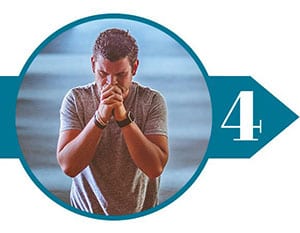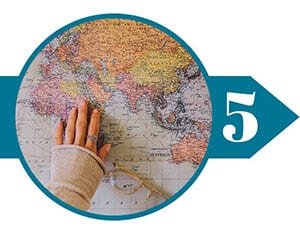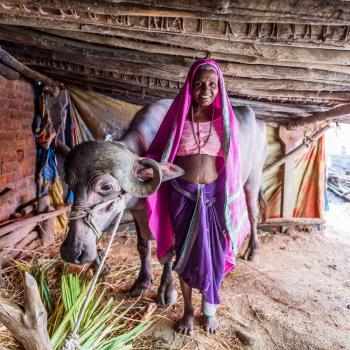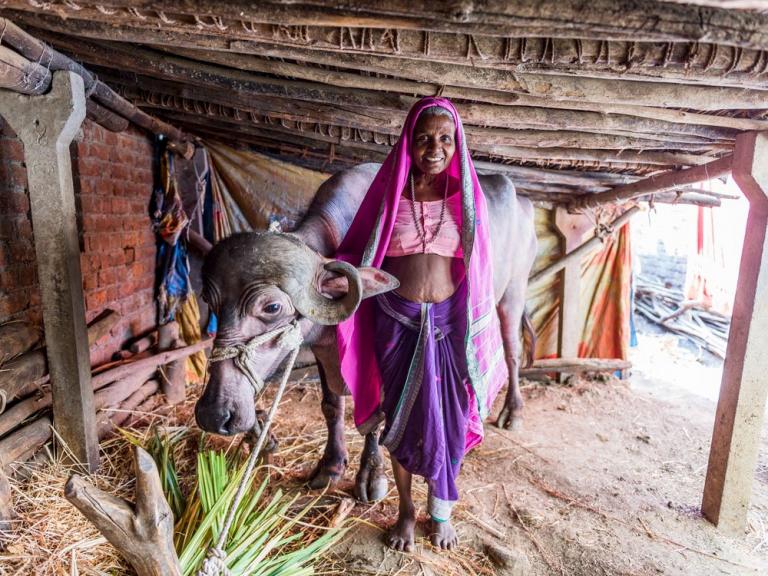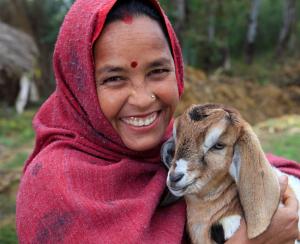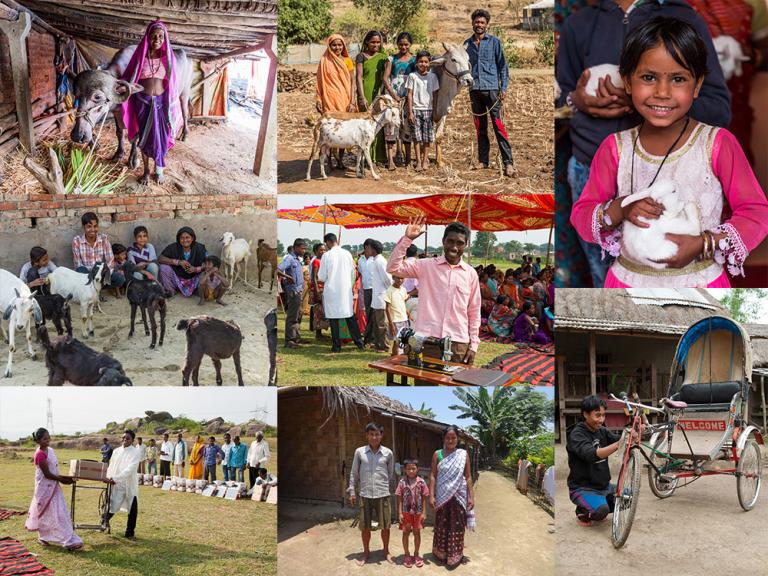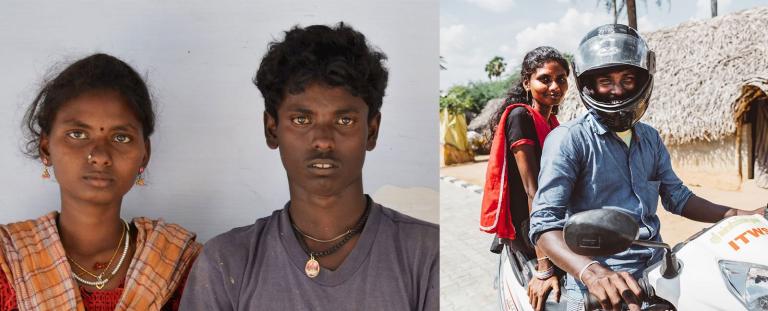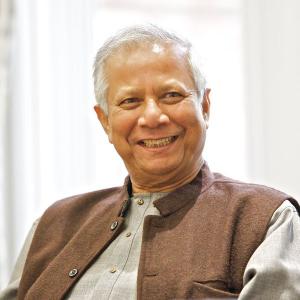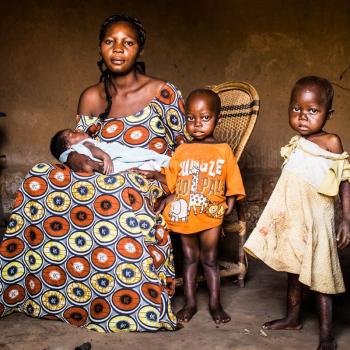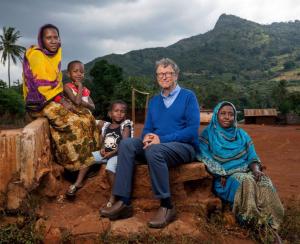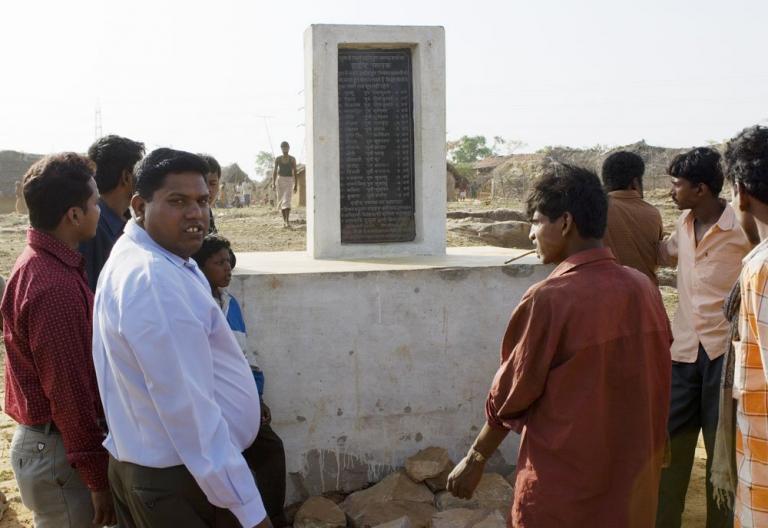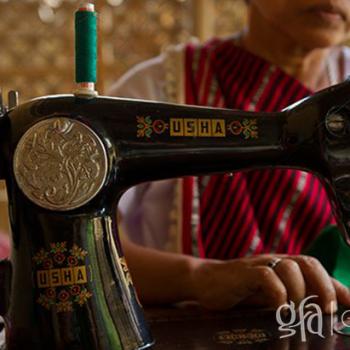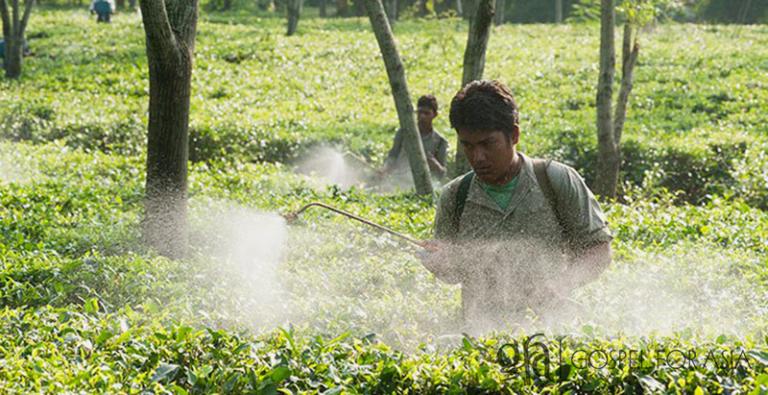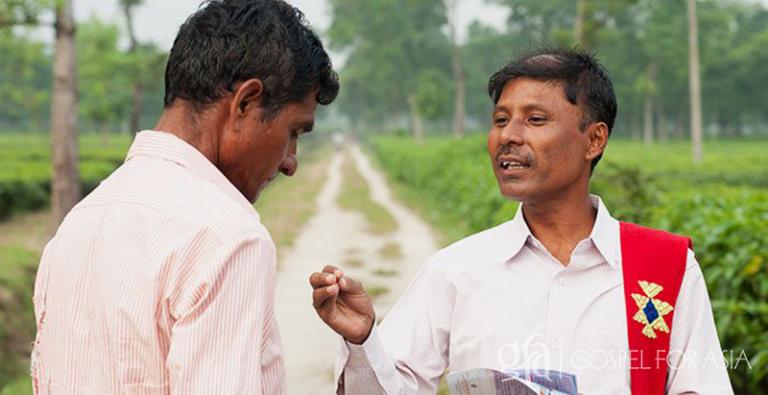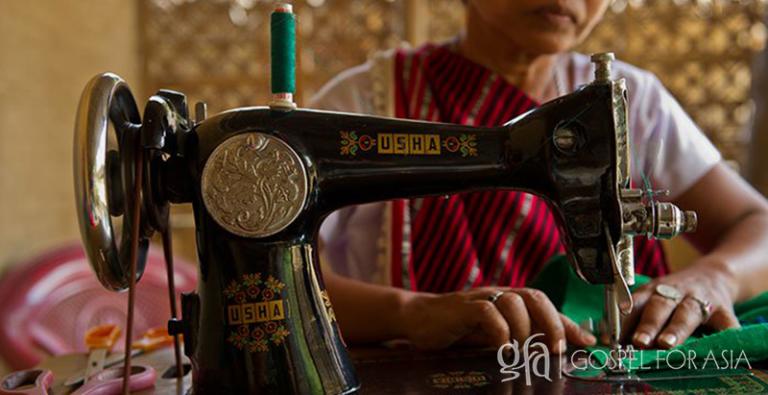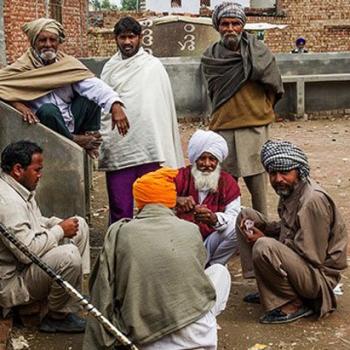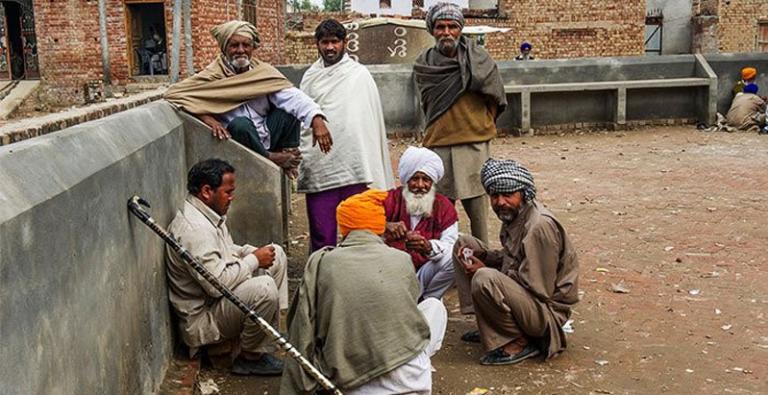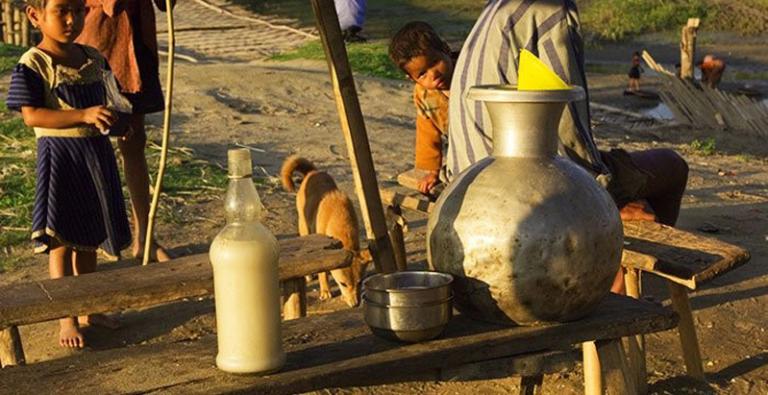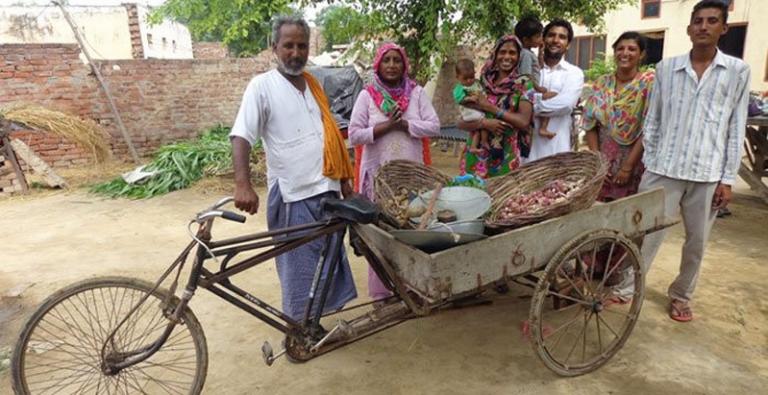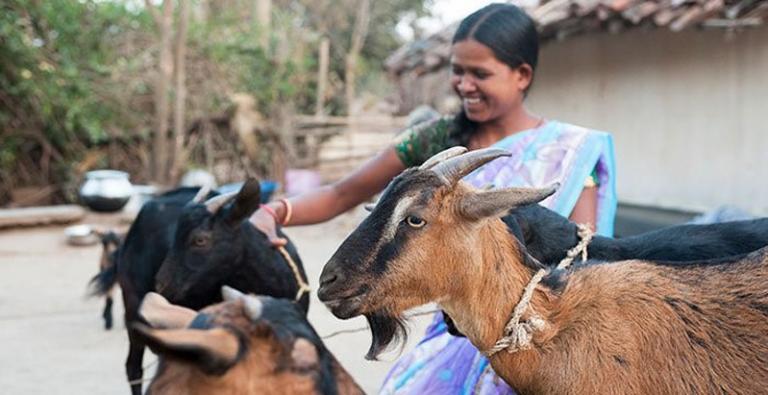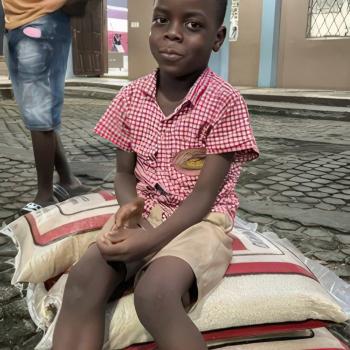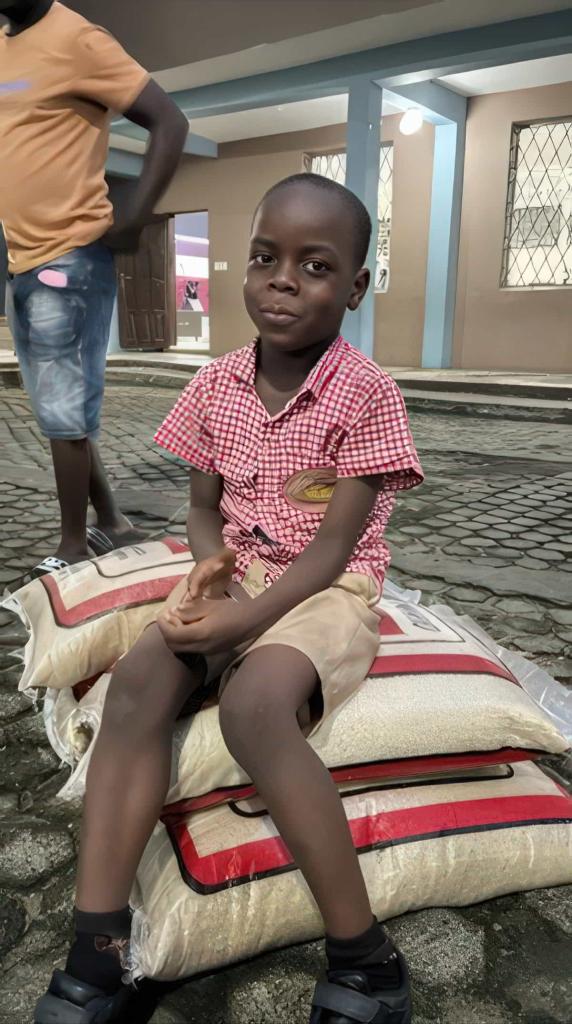WILLS POINT, TX – Gospel for Asia (GFA World and affiliates like Gospel for Asia Canada) founded by KP Yohannan, issued this Special Report on the massive challenge of reducing extreme poverty worldwide, mainly through providing education, transmitting values.
Chain Reaction
One individual whose values have enabled him to rise from poverty and whose children are benefiting from his foundation can make an impact that expands his society.
Integrity is one of the qualities employers look for most. Billionaire Warren Buffett explains,

Photo by Javier, Flickr
(CC BY-NC-ND 2.0)
The workplace quickly turns dark when negative ideologies are present. But on the flipside, business benefits mankind in beautiful ways when positive values define the scene.
A business owner’s upright values will dictate the way he treats his employees. He will not stop exploiting any of the world’s 24.9 million forced laborers
or 152 million child laborers.
On the other hand, an employee with positive values will not take advantage of his boss. His honesty will strengthen the company, which in turn will strengthen their local economy.
Values also determine whether a person will be marked by crime. Education alone helps people to respect justice, and their values will only solidify that position.
A report examining the correlation of education rates and crime reduction in the U.S. revealed that increasing the male high school graduation rate by just five percent would:
decrease overall annual incidences of assault by
nearly 60,000
decrease of larceny by
more than 37,000
decrease of motor vehicle theft by
more than 31,000
decrease of burglaries by
more than 17,000
It would also prevent nearly
1,300 murders
prevent occurrences of more than
3,800 rape crimes
prevent and more than
1,500 robberies.
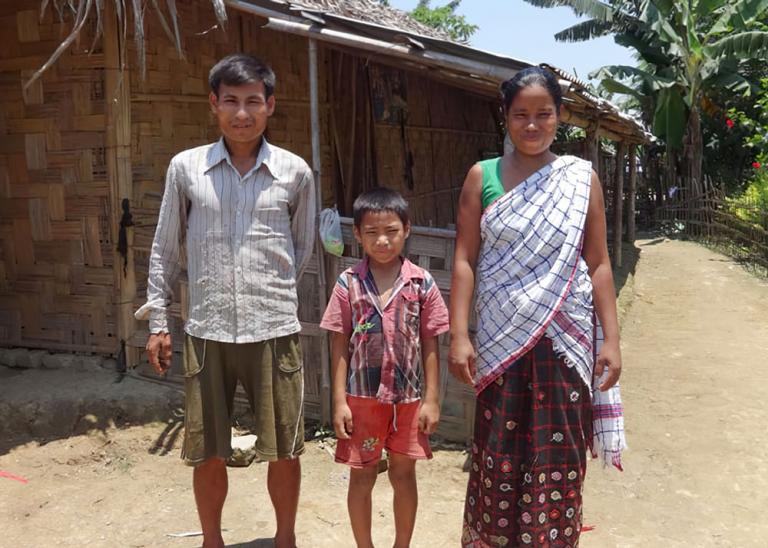
Kanal, a father in Asia, experienced this very thing.
After years of desperately struggling with poverty, he received a piglet at a Gospel for Asia (GFA) gift distribution organized by the local church. Later, the pig had a litter of eight piglets. He sold seven of them for a sizable profit and finally had the financial breakthrough he needed to start rising out of poverty.
Over the following months, Kanal’s pig bore another 10 piglets. Each one propelled the family farther out of poverty.
Kanal’s children saw how one person’s generosity changed their family—and then they saw their father do the same thing. Even though his family had many needs, Kanal’s gratitude for his amazing gift led him to donate one piglet back to the church so another family could receive a life-changing gift. Then Kanal approached one of his neighbors who also struggled with poverty and gave them a piglet as well. His neighbor would raise the piglet, and when it was ready to go to market, they would share the profits. Kanal is on his way out of poverty, and he plans to bring others out with him, too.
Ashima, a young girl in Asia, received help much as Kanal did. Her help, however, came in the form of tutoring, moral lessons, food and school supplies through GFA World’s Bridge of Hope Program.
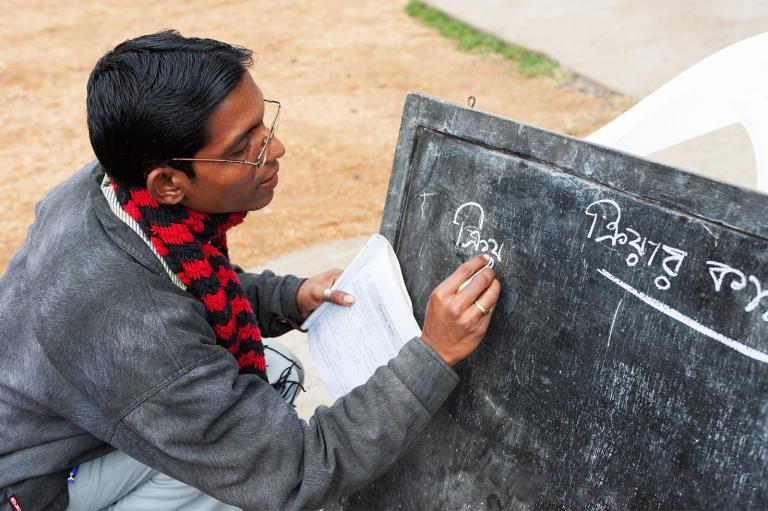
“Before coming to the Bridge of Hope,” Ashima said, “I was not able to study seriously because of the problem and inconvenience at home, and the financial problem that we are going through.”
Ashima’s problematic home life and lack of guidance led her to skip school and waste her educational opportunities. Sadly, Ashima’s instructor scolded and punished her instead of teaching her the values she needed to succeed.
But then through Bridge of Hope, Ashima received the guidance she needed to develop positive character traits and values, which enabled her to excel in her studies—and in life. Less than a year later, Ashima’s story was quite different.
“My future ambition is that I want to become a medical doctor,” she shared. “Especially I want to serve the poor from our society because … once we were very poor, and because we were poor, we were not able to buy so many things. It affected us very badly. And now, because Bridge of Hope is here, this is helping poor and the needy people like us. I also want to help and serve all the poor children and poor people who are suffering.”
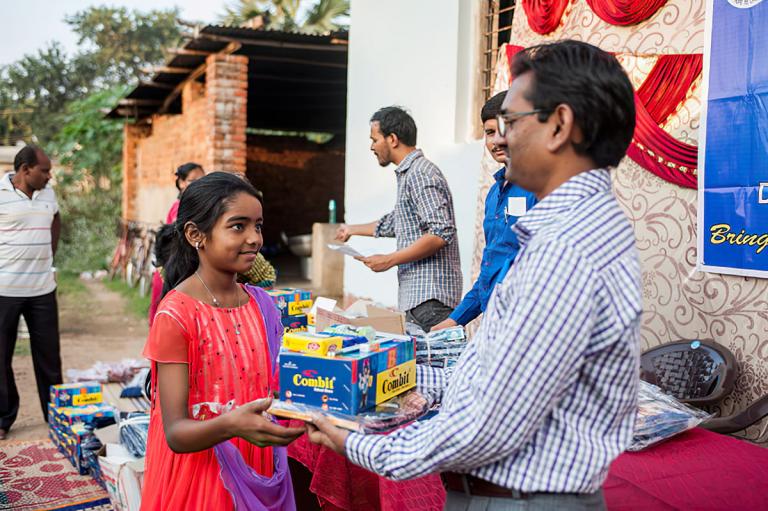
What Can We Do?
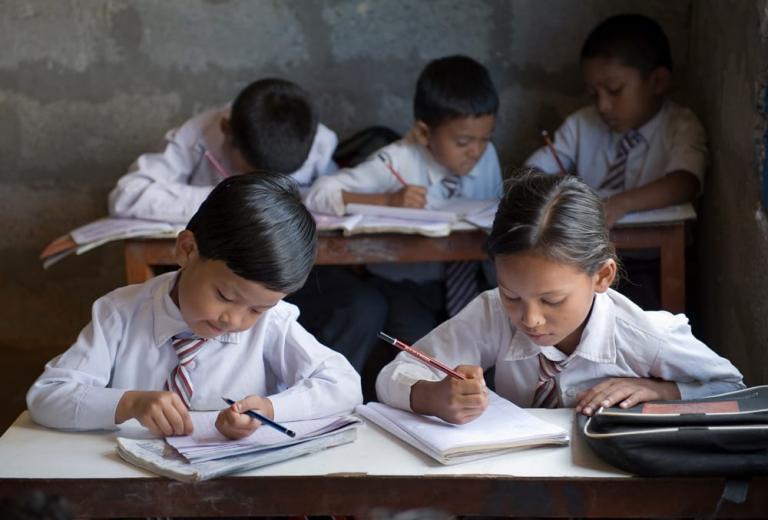
As astonishing as it may be, one person can make a significant impact on global poverty. Jesus changed countless cultural and societal norms when He came to earth and taught profound new ways of thinking. Notably, the values Christ embodied have a life-altering impact, and even today, where the Church serves, lives improve. As far back as Apostle Paul’s time, values led the early church to share among each other to the extent that “nor was there any among them who lacked” (Acts 4:34). Uprooting extreme poverty community by community is not impossible, but it requires determination and positive foundational values.
A person looking for ways to fight extreme poverty will find countless organizations to partner with through donations. That is the easy part.
But each person must, in addition, consider the following: What values are they promoting? What are their children and co-workers learning from them? Do their daily activities uplift others? Or are they reinforcing negative values, even if those values are a few steps removed?
In recent years, more people have become aware of the human rights issues present throughout many supply chains. And because people are choosing to live in accordance with positive values, they are supporting the companies that reflect those same values, such as treating employees well and paying them an honest wage. Taking steps as simple as supporting companies with ethical supply chain practices can diminish the world’s poverty.
Another critical step toward poverty eradication is equipping and supporting excellent teachers. Educational workers play a vital role in children’s development, for obvious reasons. Their influence, knowledge and teaching skills have the potential to transform a child’s life—or to destroy it.
Zaid Adil Sultan, a manager at a refugee camp in Iraq, relates a sobering example. When a militant group gained control of the region, its leaders inserted new teachers and programs into schools. The ideologies held by the group infiltrated curriculums, teaching children as young as 6 or 7 to use weapons.
“They gave them ‘courses’ that encouraged violence,” Sultan said. “In math, instead of teaching them that one plus one equals two, they taught them that one bullet plus one bullet equals two bullets.”
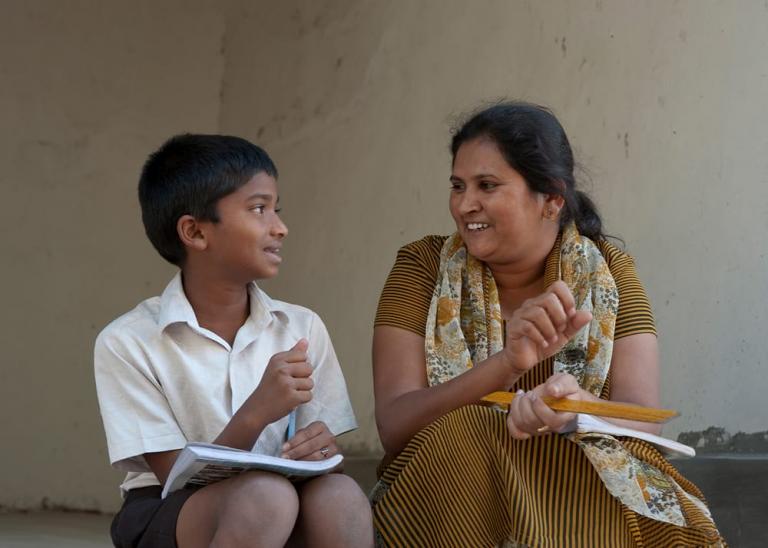
He went on to explain how children have been severely scared by indoctrination. Specialized workshops have opened to help children recover, but removing the damaging ideologies from young minds has proved difficult.
“The hardest age to treat is boys from 14 years old to 17,” Sultan said. “People have told me that before their sons went to those schools, they were okay, but after they went, they were coming home hitting their siblings and threatening to kill them.”
Education transmits values. As individuals and nations, we bear the responsibility to teach the next generation the ideas and values that will promote upward movement, not deeper poverty. Amazing teachers and professors around the world are helping children learn the skills and values necessary to thrive in life—and we thank them for their dedication. Yet many children live in places where negative values dominate ways of thinking, even among educational staff, and where poverty abounds.
Every culture is susceptible to damaging ideologies and to the poverty those ideas can generate. But great change is possible as individuals examine what values they are reinforcing and partner with educators who promote the positive values every child, family and community needs to rise out of extreme poverty.
A closing word from Dr. King:

The complete education gives one not only power of concentration, but worthy objectives upon which to concentrate.”
Provide a Values-centric Education to Children at Risk in Asia
Provide Values-centric Education to Children at Risk in Asia »
If you want to help children at risk in South Asia, consider a one-time donation to stand in the gap for boys and girls who need to be freed from hopeless situations into Bridge of Hope, where they can receive an education that transmits positive values, and provides a hope-filled future.
About Gospel for Asia
Gospel for Asia (GFA World) is a leading faith-based mission agency, helping national workers bring vital assistance and spiritual hope to millions across Asia, especially to those who have yet to hear about the love of God. In GFA’s latest yearly report, this included more than 70,000 sponsored children, free medical camps conducted in more than 1,200 villages and remote communities, over 4,800 clean water wells drilled, over 12,000 water filters installed, income-generating Christmas gifts for more than 260,000 needy families, and spiritual teaching available in 110 languages in 14 nations through radio ministry. For all the latest news, visit our Press Room at https://press.gfa.org/news.
Read the rest of Gospel for Asia’s Special Report: Fighting Global Poverty with Ideas — Uprooting poverty requires education that transmits values — Part 1
Learn more by reading these Special Reports from Gospel for Asia:
- The Scandal of Starvation in a World of Plenty — World Hunger’s Ugly Truths Revealed
- Poverty: Public Enemy #1 — Eliminating Extreme Poverty Worldwide is Possible, But Not Inevitable
This Special Report originally appeared on gfa.org.
Read what Christian Leaders have to say about Gospel for Asia.
Click here, to read more blogs on Patheos from Gospel for Asia.
Learn more about Gospel for Asia: Facebook | YouTube | Instagram | LinkedIn | SourceWatch | Integrity | Lawsuit Update | 5 Distinctives | 6 Remarkable Facts | 10 Milestones | Media Room | Fighting Global Poverty | Endorsements | 40th Anniversary | Lawsuit Response |
Notable News about Gospel for Asia: FoxNews, ChristianPost, NYPost, MissionsBox


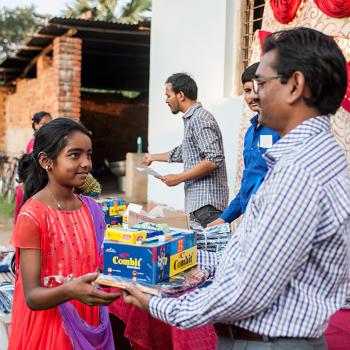
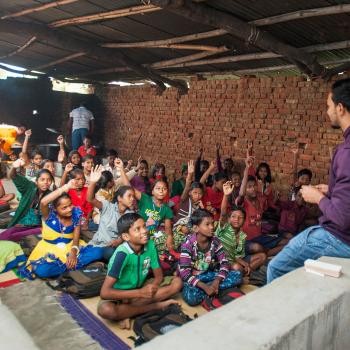
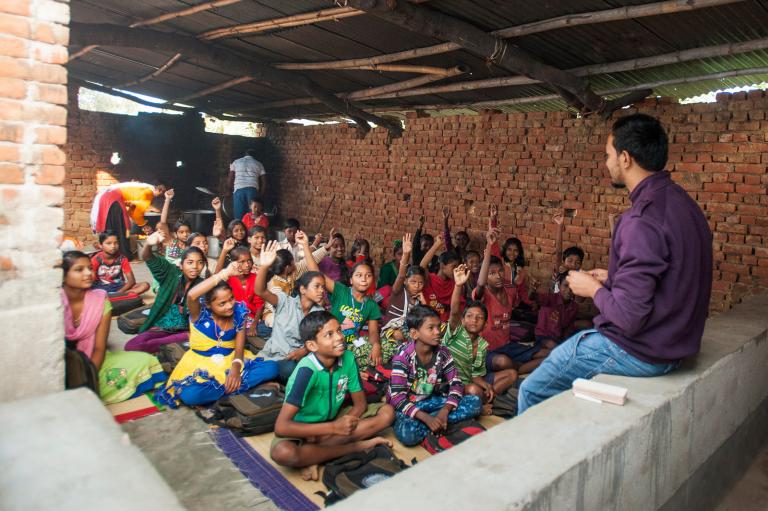

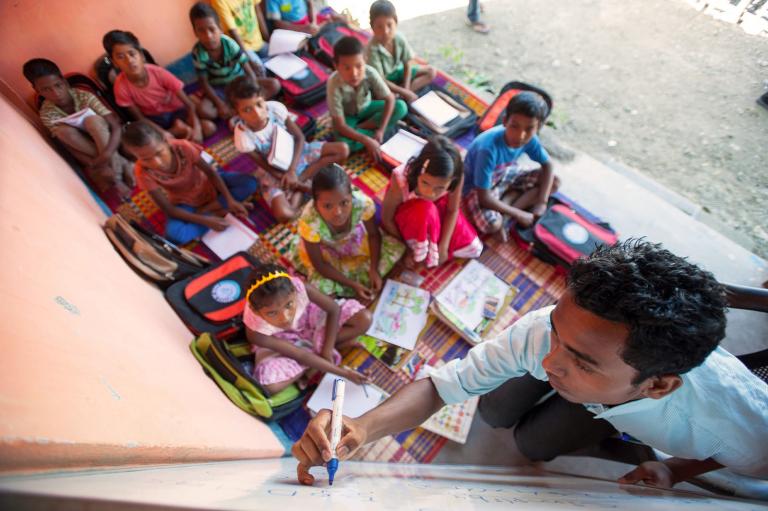
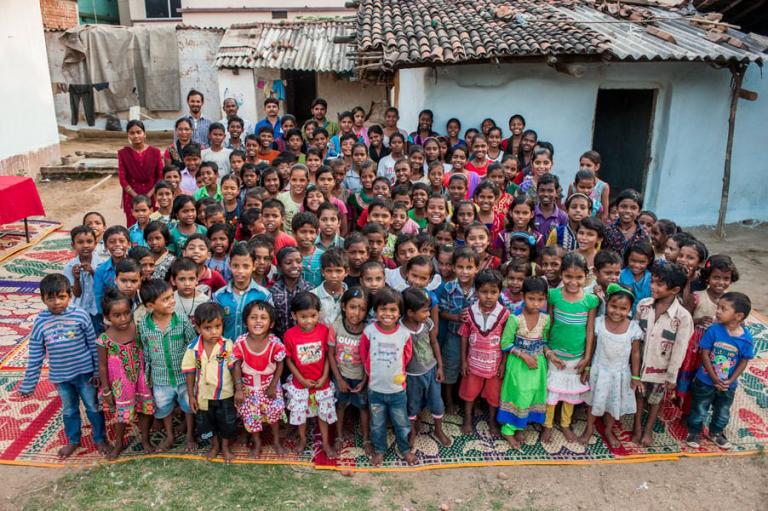

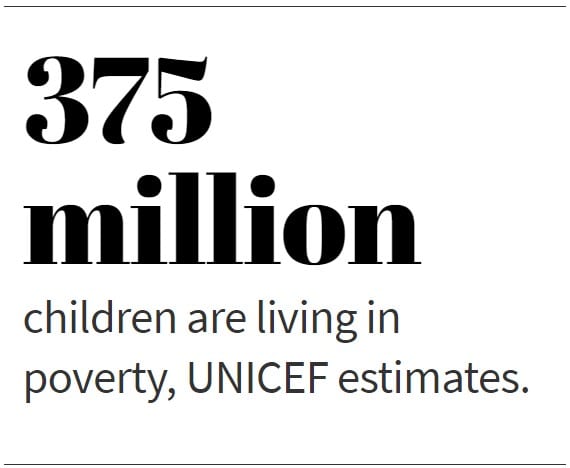 Thanks to quality, value-centered education, children become well-rounded, capable, confident adults. They know how to implement knowledge to better themselves and others, and they have a sense of participation in the world around them.
Thanks to quality, value-centered education, children become well-rounded, capable, confident adults. They know how to implement knowledge to better themselves and others, and they have a sense of participation in the world around them.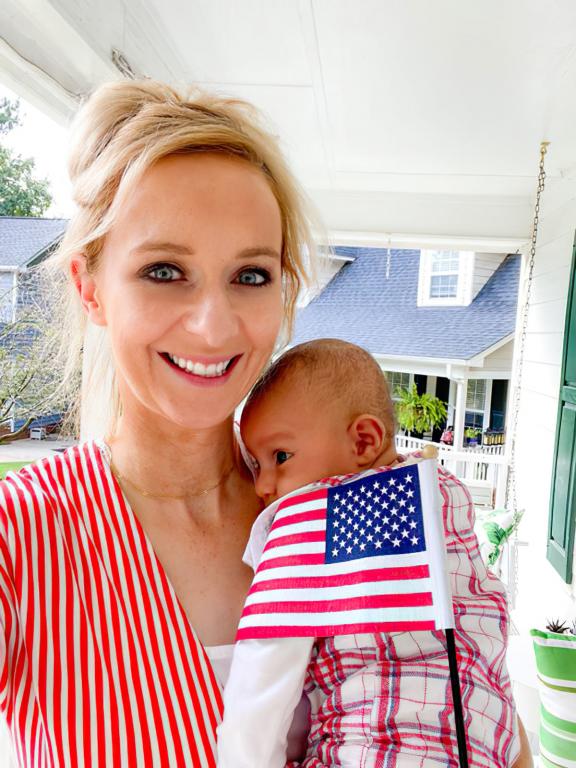
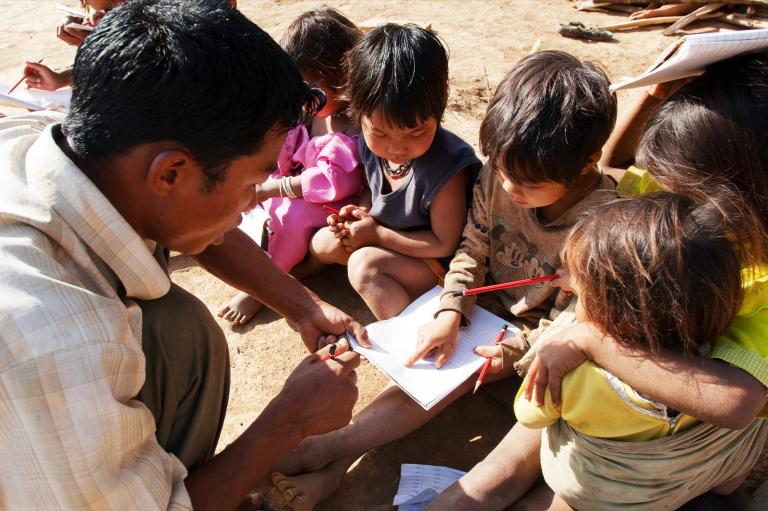
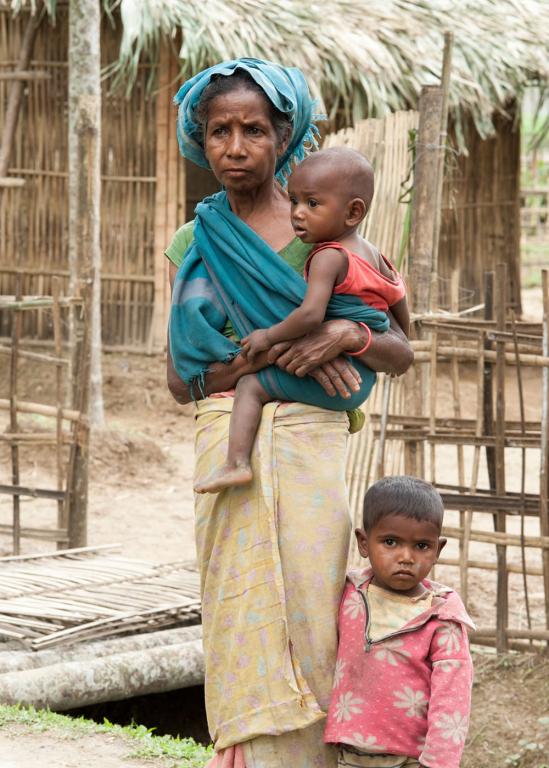

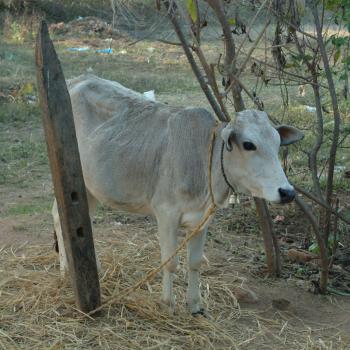
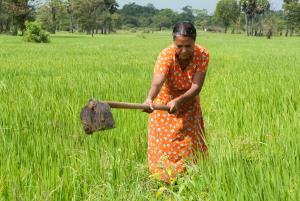
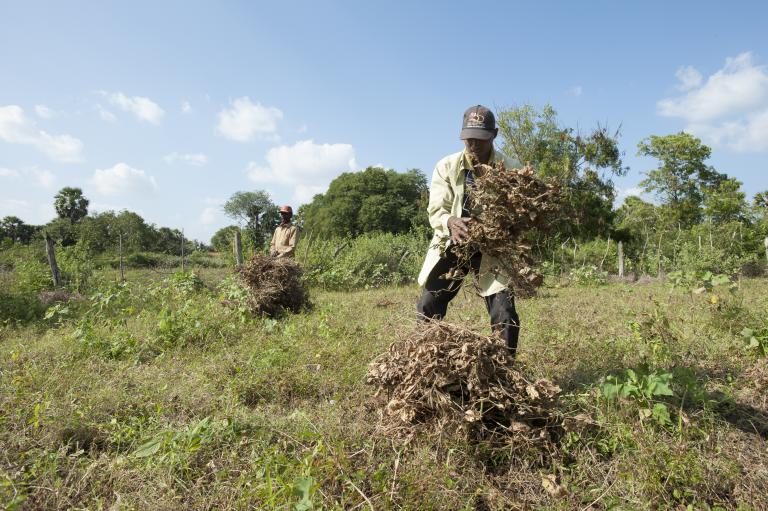
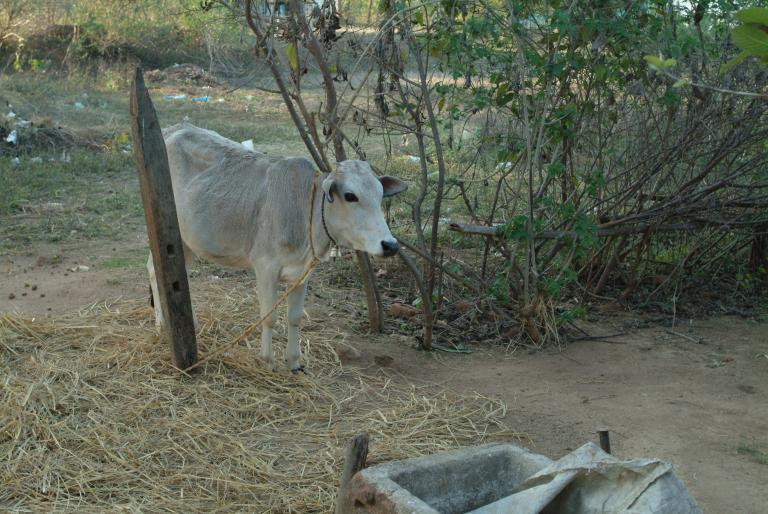
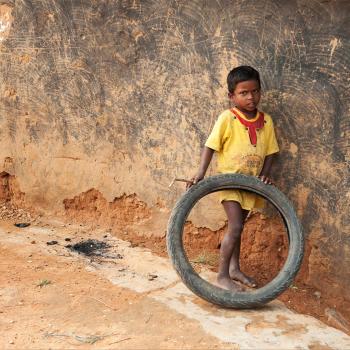
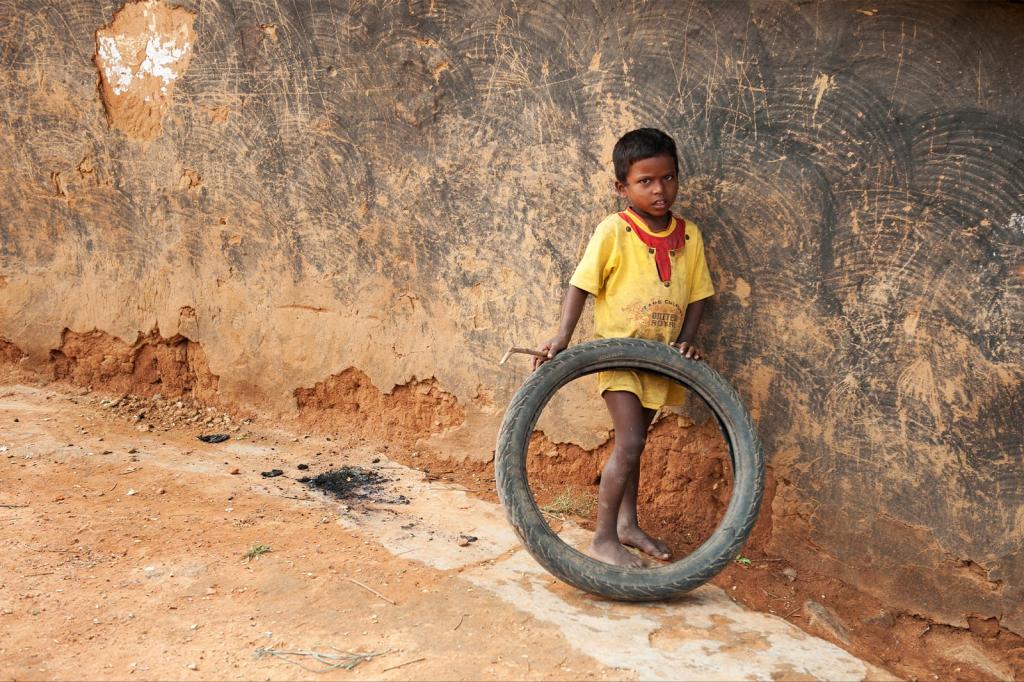
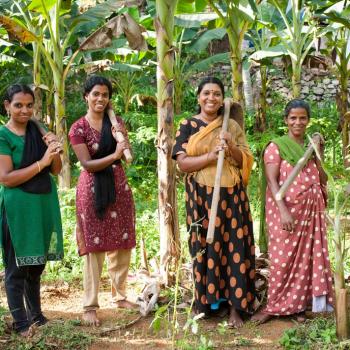
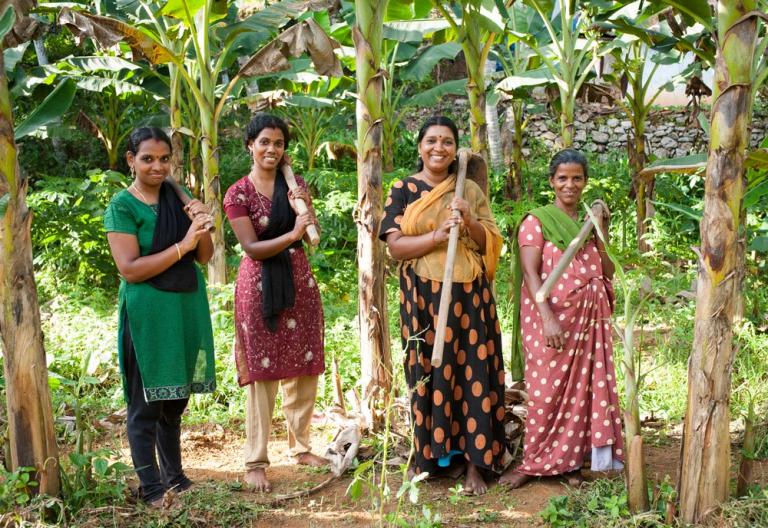
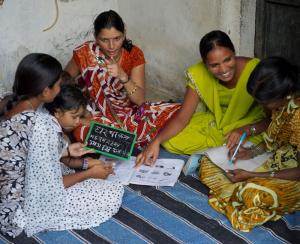
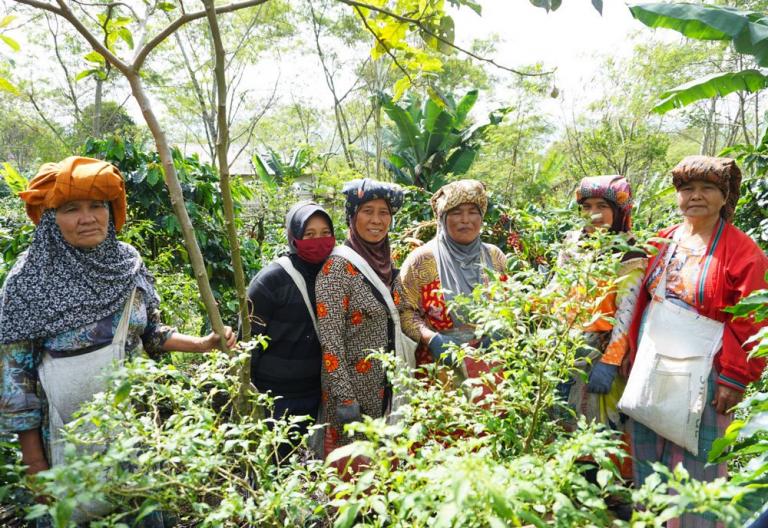
 Forgo that special cup of coffee for a season and donate the money you save to an organization or charity involved in poverty-alleviation efforts.
Forgo that special cup of coffee for a season and donate the money you save to an organization or charity involved in poverty-alleviation efforts.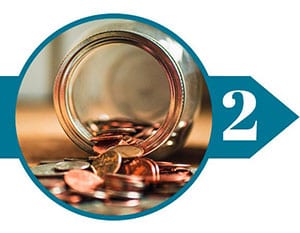 Identify one long-term change you could make in your spending to free up money to support the ongoing work among the poor facilitated by
Identify one long-term change you could make in your spending to free up money to support the ongoing work among the poor facilitated by 
